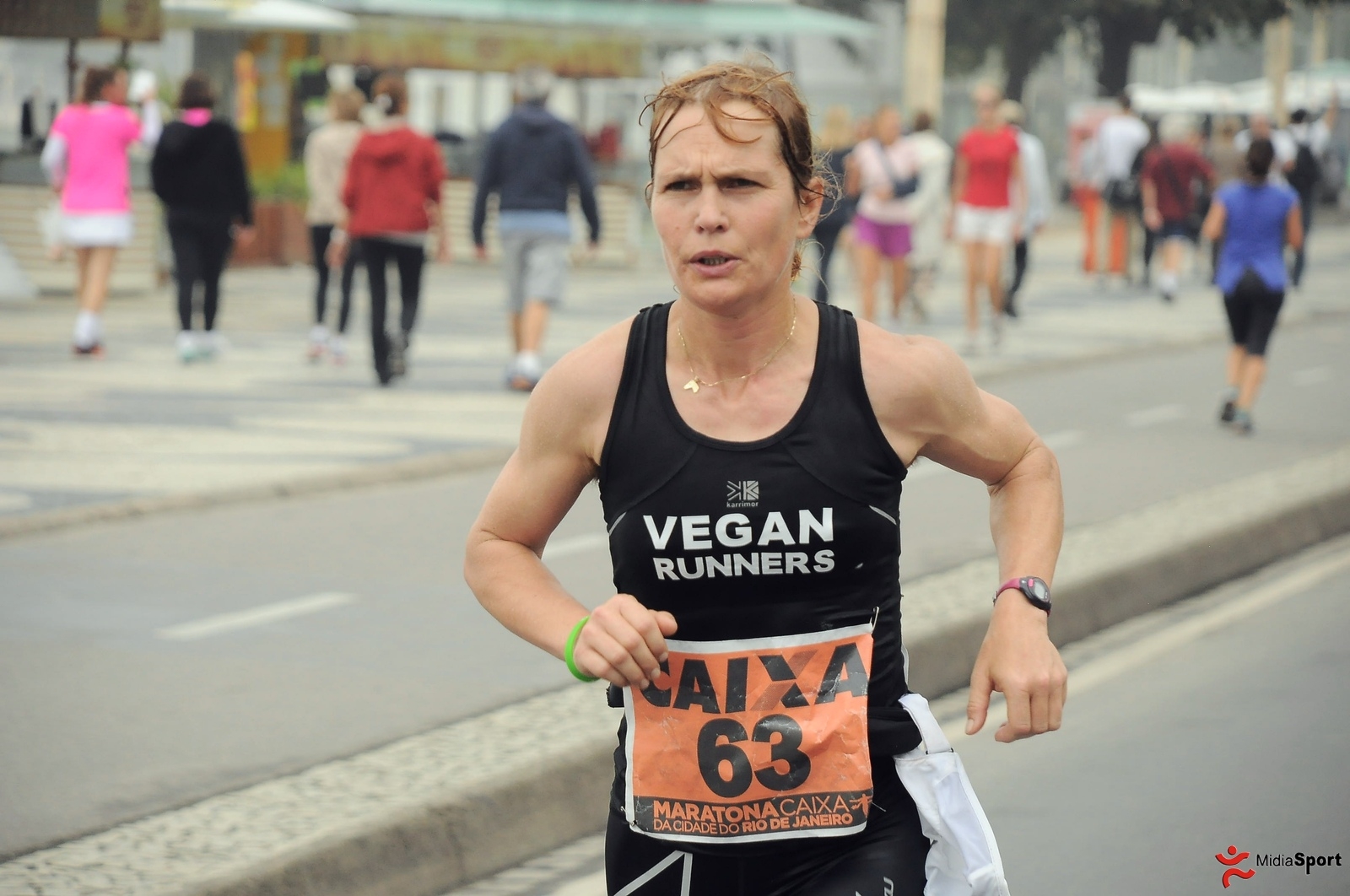Are you looking to up your game, like I am, in the areas of exercise and wellness? Or are you already peaking physically, but looking for an athletic competitive advantage? If you answered yes to either question, then look no further than a whole food plant-based diet. 🙂
According to Dr. Michael Greger, “Being a plant-based athlete is not a new concept. History is rife with examples, from the Gladiators in ancient Rome to the Tarahumara tribe of Northern Mexico, who run 160-mile races fueled by plants purely for enjoyment. While the research supporting plant-based athletes isn’t new either, it is more compelling than ever today…We know a lot of the fundamentals, such as you can get all the protein you need from plants; plant foods contain sixty-four times more antioxidants than animal foods; fiber is only found in plants, and dietary cholesterol is only found in animal foods; and plants have a far superior nutrient density ratio of nutrients per calorie than animal foods. But the story is much deeper than that. Whether we’re discussing the way that nitric oxide in leafy green vegetables may increase blood flow, antioxidants may help muscle tissue repair, plants may improve resting metabolic rate, and avoidance of animal protein may lead to a decreased risk of obesity, the scientific literature makes it abundantly clear that plants have been our preferred fuel source for ages—and now they may be the solution to successful and prolonged active lifestyles.”
Still not convinced? Dr. Greger references a 2020 study titled “Is a Vegan Diet Detrimental to Endurance and Muscle Strength”, where it was determined that vegan athletes achieve greater endurance than non-vegans (Researchers followed two groups of healthy, young, lean, physically active women—a vegan group and the other omnivorous—over a two-year period. They evaluated body composition, estimated maximal oxygen consumption (VO2 Max), a submaximal endurance test, and muscle strength. The results revealed that both groups were comparable for physical activity levels, body mass index, percent body fat, lean body mass, and muscle strength. However, results also showed that the vegans had a significantly higher estimated VO2 Max and submaximal endurance time to exhaustion compared with the omnivores.). This is not surprising for many of us, but it is still exciting. And all of what I just shared is from the foreword of the superb book titled, “The Plant-Based Athlete” by vegan influencers Matt Frazier and Robert Cheeke (if the introduction is this informative, how great must the book be?). 🙂
Is it just a coincidence then that more and more of the world’s top athletic performers, endurance athletes and world record holders are plant-based? I am thinking of Rich Roll, Fiona Oakes, and Scott Jurek. And how about the more mainstream athletes from the past and present such as Novak Djokovic, Edwin Moses, Carl Lewis, Martina Navratilova (vegetarian/vegan), Serena Williams and Lewis Hamilton? All champions, and all vegan. As Dr. Greger explains, “It is, after all, the scientific evidence that explains athletic success, not the other way around.”
Here are two powerful quotes that are referenced in Matt & Robert’s book:
“Generations of athletes have used exercise combined with animal protein diets to get bigger, stronger, and faster, all in the name of a competitive edge. Unknowingly to most, their efforts to achieve the short-term gain of athletic success have often resulted in the long-term pain of chronic disease. This book demonstrates that today’s athletes, from the top stars to the weekend warriors, are embracing the fact that they can reach their short-term goals without sacrificing their long-term health. Replacing an animal protein diet with a plant-based diet not only protects the heart, battles cancer, defeats diabetes, and stomps out strokes, but it also decreases inflammation, improves recovery time, and can fuel an athlete’s fire to win.”
—Dr. Columbus Batiste, interventional cardiologist
“One of the biggest advantages of a plant-based diet for athletes and other active individuals is that it prevents the hypertension, inflammation, oxidative stress, lipotoxicity, and dysbiosis associated with Western-style diets. Eating plant-based seems to provide an advantage where fuel, function, and recovery are concerned. I am constantly inspired by elite plant-based athletes who are setting world records. I am equally inspired by plant-based individuals in their seventies, eighties, and beyond who are still fit, vibrant, and free of chronic disease. To me, this is the real acid test . . . nothing surpasses plant-based diets where long-term health is concerned.”
—Brenda Davis, RD, author, researcher, and speaker
And here are a few recent mainstream articles on plant-based athletes, as well as other links too:
- USA Today: Plant-Based Diets Take Over Sports World
- CNBC: Why NFL Players and Other Athletes Are Going Vegan
- U.S. News & World Report: Athletes Can Thrive on Plant-Based Diets
- New York Times: Lewis Hamilton Changed His Diet, and It’s Been Off to the Races Since
- Click here for a link to Matt Frazier & Robert Cheeke’s excellent book “The Plant Based Athlete”.
- Click here for the study showing that vegans achieve greater endurance.
- Click here for the article on gladiators being mostly vegetarian.
- Click here for the study on vegan endurance runners compared to omnivores.
- Click here for a review on plant-based diets in endurance sports.
- Click here for an article on macronutrients.
- Click here for the trailer to the wonderful film “The Game Changers”.
So yes, if you want to maximize your athletic performance, reduce inflammation and recover faster, last longer (in more ways than one), greatly reduce your long term risks of developing a chronic disease, and very likely feel the best that you have ever felt (regardless of your age), then you have to try a healthy plant-based diet today! 🙂




